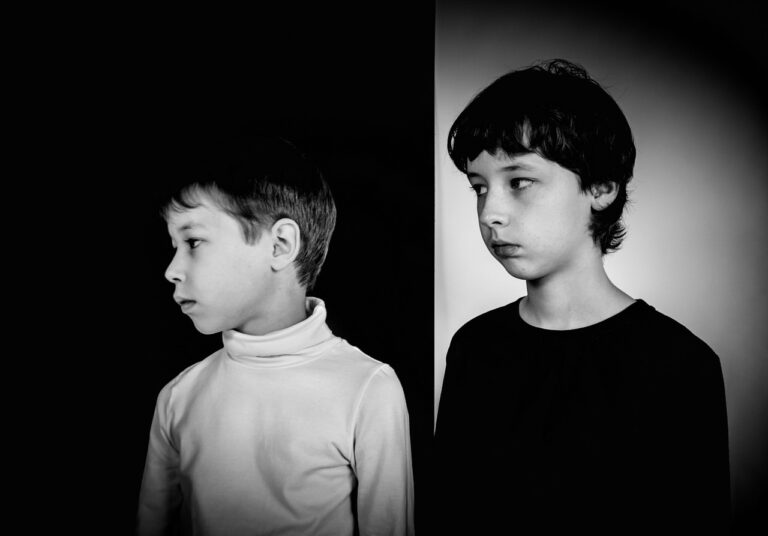Cultural Festivals Around the World: Celebrating Diversity and Tradition
When it comes to experiencing the rich tapestry of cultures that exist around the world, there is no better way to do so than by attending a cultural festival. These vibrant and colorful celebrations bring people together to honor their heritage, traditions, and customs in a lively and festive atmosphere. From music and dance to food and art, cultural festivals offer a unique opportunity to immerse yourself in the sights, sounds, and flavors of different cultures. In this article, we will explore some of the most fascinating cultural festivals from around the world, each a celebration of diversity and tradition.
Diwali – India
Diwali, also known as the Festival of Lights, is one of the most important holidays in India. The five-day festival marks the triumph of light over darkness and good over evil. During Diwali, people decorate their homes with colorful lights and candles, set off fireworks, and exchange gifts. The festival is also a time for feasting on traditional sweets and delicacies. Diwali is a joyous and festive occasion that brings communities together to celebrate the victory of light and knowledge.
Carnival – Brazil
Carnival is the biggest and most famous festival in Brazil, attracting millions of visitors from around the world. The festival is known for its elaborate parades, colorful costumes, samba music, and street parties. The highlight of Carnival is the samba parade in Rio de Janeiro, where samba schools compete for the title of the best samba school. Carnival is a time for people to let loose, have fun, and celebrate the vibrant culture of Brazil.
Oktoberfest – Germany
Oktoberfest is the world’s largest beer festival, held annually in Munich, Germany. The festival is a celebration of Bavarian culture, with plenty of beer, traditional music, and delicious food. Visitors come from all over the world to enjoy the festive atmosphere, sample different types of beer, and indulge in hearty Bavarian dishes like sausages and pretzels. Oktoberfest is a fun and lively event that showcases the hospitality and warmth of the German people.
Holi – India
Holi, also known as the Festival of Colors, is a Hindu spring festival celebrated in India and other parts of South Asia. The festival is known for its vibrant colors, music, and dancing. During Holi, people throw colored powders and water at each other, symbolizing the victory of good over evil and the arrival of spring. Holi is a time for forgiveness, renewal, and unity, as people come together to celebrate the changing of the seasons.
Day of the Dead – Mexico
The Day of the Dead, or D�de los Muertos, is a Mexican holiday that honors deceased loved ones. The festival is a lively and colorful celebration of life and death, with elaborate altars, sugar skulls, and marigold flowers. Families gather to remember their ancestors, offer food and drink to their spirits, and participate in parades and traditional dances. The Day of the Dead is a time to honor the memory of those who have passed away and celebrate the cycle of life.
Chinese New Year – China
Chinese New Year, also known as the Spring Festival, is the most important holiday in China. The festival marks the beginning of the lunar new year and is a time for family reunions, feasting, and celebrations. During Chinese New Year, people decorate their homes with red lanterns and banners, set off fireworks, and exchange red envelopes filled with money. The festival is a time to wish for good luck, prosperity, and happiness in the coming year.
Frequently Asked Questions
Q: What is the significance of cultural festivals?
A: Cultural festivals are important because they help preserve and promote traditional customs, rituals, and values. They provide an opportunity for people to celebrate their heritage, connect with their roots, and pass on traditions to future generations.
Q: How can I participate in cultural festivals?
A: You can participate in cultural festivals by attending events, trying traditional foods, wearing cultural attire, and learning about the history and significance of the festival. Many cultural festivals are open to the public and welcome visitors from all backgrounds.
Q: What can I learn from cultural festivals?
A: Cultural festivals offer a unique opportunity to learn about different cultures, traditions, and customs. By attending festivals, you can gain insight into the values, beliefs, and practices of different societies and broaden your understanding of the world.
Q: How do cultural festivals promote diversity and inclusivity?
A: Cultural festivals bring people together from different backgrounds and communities to celebrate shared values, traditions, and experiences. They promote mutual understanding, respect, and tolerance among diverse groups and foster a sense of unity and belonging.
As you can see, cultural festivals are an essential part of our global heritage, offering a glimpse into the rich tapestry of traditions, customs, and beliefs that make each culture unique. By celebrating diversity and tradition through festivals, we can appreciate the beauty and complexity of the world we live in and foster a sense of unity and interconnectedness among all people.







